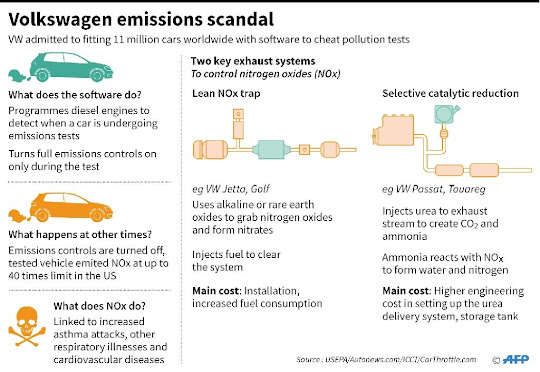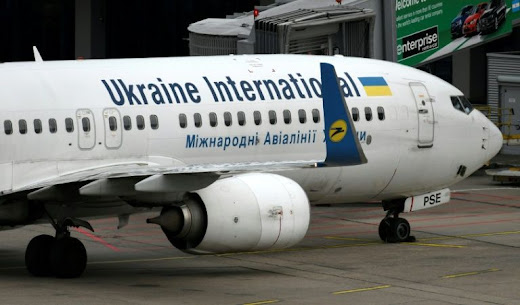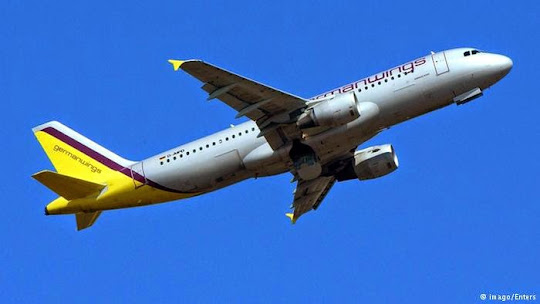Triwik Kurniasari, THE JAKARTA POST, JAKARTA | Sat, 01/31/2009 8:36 AM
Ani, 47, and Bayu, 49, sat on a metal park bench under the shade of trees in the National Monument (Monas) Park in Central Jakarta.
The couple gazed at the capital’s landmark, feeling a soft breeze touch their faces.
“We always come to Monas every week because it’s close to our home in Kebon Sayur [also in Central Jakarta],” Ani said on Friday. “I really enjoy hanging out in Monas to refresh my mind. I like sitting under the big trees, watching the green grass and breathing the fresh air.
“The place is clean. It is much cleaner compared to 20 years ago when I first came to Jakarta. I notice there are many garbage men cleaning the area. That’s good,” she said.
Ani’s husband, Bayu, shared similar thoughts. "The park is clean. I sometimes see falling leaves or branches scattered in the park, but I don’t mind as they are so natural.”
“If there is a used plastic bottle thrown [by a visitor] in the open area, the garbage men will immediately pick it up,” he said, adding that he could easily find garbage bins there.
Their comments were in contrast to those made by Jakarta Governor Fauzi Bowo the day before.
Fauzi was furious to find damaged park lights, dead trees, puddles of water and piles of garbage in some spots in the Monas park when jogging in the vicinity on Thursday at about 5:30 p.m.
He claimed it was not the first time he had noticed the shabby condition of the park but said he preferred to keep silent and hope for an improvement.
"But until today there is no such attempt [from Monas management] to improve this [messy] condition. I’m very disappointed,” Fauzi said, adding that there were too many institutions involved in the maintenance of Monas.
Monas is managed by several city agencies, including the parks and sanitation agencies.
A garbageman, Atok, said he cleaned Monas Park seven days a week from 7 a.m. to 2 p.m. He said holidays were hard days for him, as he found lots of trash scattered around the park.
“We try to do our best to keep the area clean. But visitors sometimes do not put their garbage, like used plastic bottles or Styrofoam food boxes, into the garbage bins. They just throw them anywhere,” he said.
“This is very annoying but we can do nothing about it.”
Earlier this month, Central Jakarta Mayor Sylviana Murni said she would ask the city administration to assign her municipality to take over management of Monas in order to better maintain the landmark.
She promised her office would be able to directly control the maintenance of the complex. She said the new management was expected to be effective by the end of the month, pending a gubernatorial decree.
During Thursday's impromptu visit, Fauzi directed Sylviana to make immediate improvements, saying he would be back in the next two weeks to examine it.












